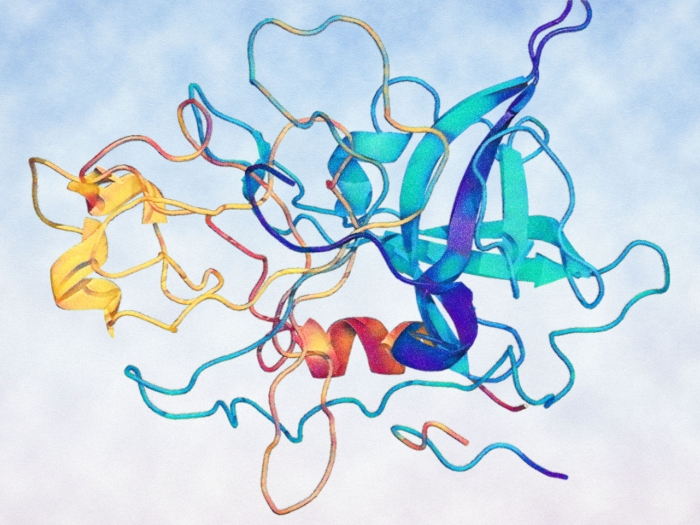Researchers find indicators while studying hundreds of donor samples
11:42 AM
Author |

Research is shedding light on kidneys, their critical functions, and predictors of disease.
The research co-led by Matthias Kretzler, M.D. describes the creation of a cellular atlas of the kidney describing nearly 100 cell types and states. It represents the most comprehensive study of cellular states, neighborhoods, and outcome-associated signatures in the kidney.
Researchers from more than twenty institutions collaborated on this project.
Kidneys monitor and maintain the internal balance in the body, filter out waste and excess fluids in the urine. In order to perform these functions, specialized cell types and surrounding cells (neighborhoods) work in concert.
Researchers defined interactions within tissue neighborhoods by studying more than 400,000 individual cells and nuclei from kidney biopsy tissue samples provided by kidney donors and patients with kidney diseases.
By comparing data from donor and disease samples, 28 cellular states were found altered in injured kidneys. Neighborhoods were then mapped in the kidneys where these injury patterns were found.
Large-scale 3D imaging analysis of nearly 1.2 million neighborhoods provided corresponding connections between kidney cells and active immune responses. These analyses defined the pathways relevant to injuries or predictors of a decline in kidney function and establish a rich data source for therapeutic development.
Data sharing and visualization tools have been developed, in parallel, to facilitate access for researchers around the world at KPMP.org.
The study was performed by the Kidney Precision Medicine Project (KPMP), funded by the National Institute of Diabetes and Digestive and Kidney Diseases, in close collaborations with the Nephrotic Syndrome Study Network (NEPTUNE), the Human Cell Altas and the Human BioMolecular Atlas Program (HubMap). NEPTUNE is part of the National Institutes of Health-funded Rare Diseases Clinical Research Network.
The study was performed by the Kidney Precision Medicine Project (KPMP), funded by the National Institute of Diabetes and Digestive and Kidney Diseases, in close collaborations with the Nephrotic Syndrome Study Network (NEPTUNE), the Human Cell Altas and the Human BioMolecular Atlas Program (HubMap).
Paper cited: An atlas of healthy and injured cell states and niches in the human kidney, NATURE. DOI: 10.1038/s41586-023-05769-3

Explore a variety of health care news & stories by visiting the Health Lab home page for more articles.

Department of Communication at Michigan Medicine
Want top health & research news weekly? Sign up for Health Lab’s newsletters today!





